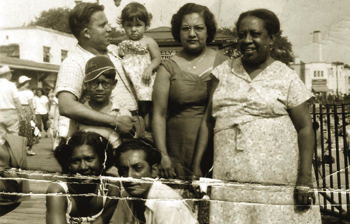Here it is! An honest reflection of the documentary process. It had its ups and downs, but in the end, I learned a lot about Medicaid and disability care in the U.S. Making this documentary motivates me to make change!
My group’s documentary topic was a criticism
of the present-day attendant care benefits for disabled persons. It dissected policy that was ineffective for
disability rights flexibility and drew upon the personal experiences of two
disabled healthcare recipients. Now that
my group is close to finishing this project, I am excited to see the end
product and create an advocating message.
Having covered disability studies in my last year’s Inspirations play for drama class, the topic of disabled rights is
of huge importance to me. I will even
further explore this through an internship next summer with the Gilchrist
Center for Diversity in Montgomery County.
Thus, I have no regrets. Topic
selection was also hugely important because I needed to pick a topic that I
knew I could commit to, based on previous experience. The freedom in choosing a topic allowed me to
think and take time with my decision, which was beneficial in the long run.
One interesting
thing that I learned during the documentary process was the extent to which the
disabled are forced into Medicare, and the inhumane marrying for insurance, and
lack of security of benefits. The
personal interviews helped me to truly realize this, and also dispelled any
myths I had about disability healthcare.

The
biggest challenge that my group faced creating the documentary was integrating
the B-Roll and Interview A-Roll into a cohesive product. This challenge arose due to the lack of
communication between me and Ravyn, when we were scripting each part of the documentary. We tackled this challenged by first
transcribing all of the A-Roll footage and looking at where our B-Roll or
secondary research could add in more depth.
Thus, we integrated our extra B-Roll by using the A-Roll as a point of
reference.
If I
had the chance to create another documentary, I would take more part in the
interview part. Finding diverse and
dynamic interviewees is the key to a great jump-start in a subject-based
documentary. Although our interviewees
were extremely informative and effectively passionate, playing a personal role
in that process would’ve helped to become more involved with the overall
process.
In
terms of what the teacher can do, I think less is more (to some extent). Monitoring the students is GOOD, and
honestly, it helps me stay on track.
However, I think the weekly planning half-sheets are a waste of time,
and don’t really help the students organize their time (tasks and plans are
often repeated). Furthermore, I think it
would be helpful to have a professional reference guide for technical
errors/troubleshooting in Final Cut Pro, such that major mistakes (such as
loosing footage) will be avoided. Along
with this, should come strict protocol for file management. A few final cut
basics should be re-enforced in the beginning of the process.
Overall,
this was a FUN PROJECT! I would definitely do it again, and feel as if I can
explore other documentary topics on my own, using the schools I have
learned.


